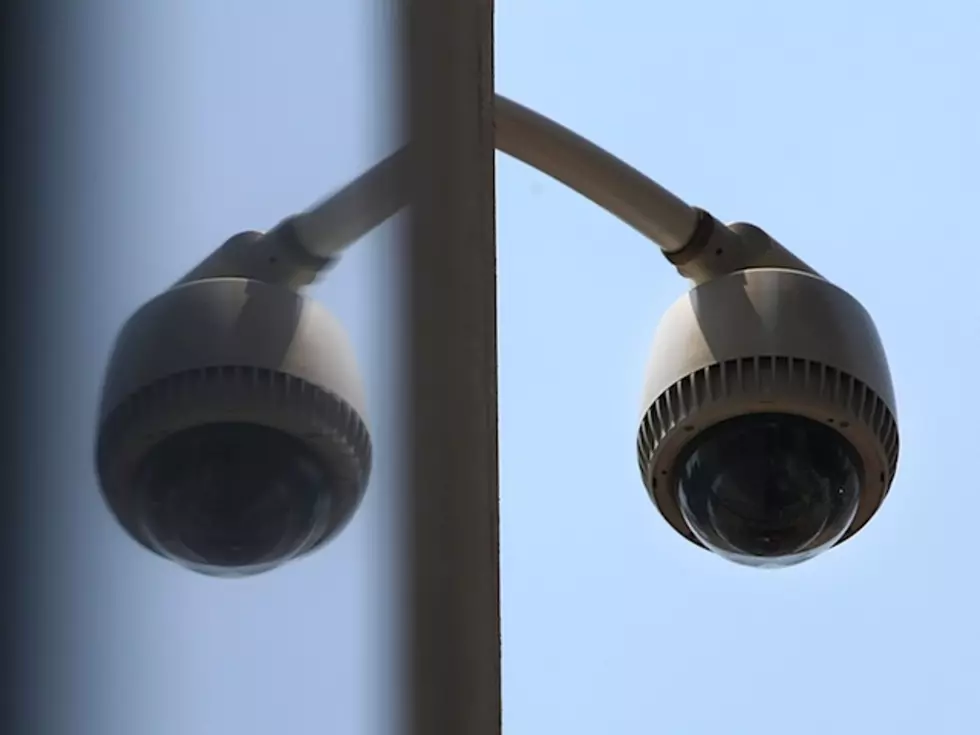
50th Anniversary Of King’s “I Have A Dream” Speech
On this day in 1963, Martin Luther King Jr. and other civil rights leaders marched to Washington, D.C., where King would deliver his "I Have A Dream" speech. But where are we as a nation today since that speech? Are we more equal?
In many ways, America's minority population has made great strides in leadership roles, whether it is in the private world or in public office. We see more public office holders who are of a race other than Caucasian.
The elimination of segregation and the introduction of various laws and regulations has helped make it easier for minorities to have an equal shot of achieving the American Dream.
However, there are still some issues. Poverty is still a serious issue in the African-American population as is the incarceration rate.
While institutional issues have been addressed to ensure all students, regardless of race, are attending quality schools, poverty continues to be an issue and even a hindrance to social mobility in some areas.
The median income in the United States in 2009 was $60,088. On the higher end, the white population earned $62,545 and the Asian population earned $75,027 per year. On the other end of the spectrum, the black population earned $38,409 and the Hispanic population earned $39,730.
Incarceration rates are also high for minority populations in comparison to the distribution of race across the national population. According to the National Institute of Justice, 1 in 106 white men are behind bars. That compares to 1 in 36 Hispanic men and 1 in 15 black men.
This helps show a connection between poverty and crime: the less off you are, the more likely you are to commit a crime. Florida State University's Criminology Department evaluates this concept. But the question is, how do you resolve it?
In society, there will always be the wealthy and the poor, the haves and the have-nots. Is national subsidization through welfare programs like Social Security going to resolve the problem? Likely not.
Many in impoverished parts of America, including many neighborhoods here in Shreveport-Bossier, have the opportunities to succeed and climb out of poverty. However, many don't realize these opportunities because of the day-to-day struggles of living in poverty causing this section of the population to turn to crime in a desperate way to fulfill their needs, or even desires.
Is America more equal today than it was 50 years ago? In terms of the infrastructure of our nation, it's fair to say that the nation is more equal. But today, the nation is facing broader economic issues which affect all races, some more so than others in some parts of the country more so than others.
But the question is, what are we doing to fix the problem? We need to do a better job of providing better economic opportunities to impoverished communities to give residents in those areas fewer reasons to commit a crime. Investments in improved infrastructure will help give impoverished communities the opportunities to succeed.
Then, crime prevention and deterrence needs to be implemented to keep crime from happening and help sustain those economic opportunities, which would otherwise leave if crime continued to be a problem. This along with improved schools would help improve the opportunities for those who are impoverished.
However, there is always a chance that a community becomes gentrified and the impoverished residents relocate to another area and continue to stay poor, continuing a never-ending cycle.
We can all continue to avoid 'problem' parts of town and we can just continue to ignore the problems that plague our neighbors and eventually our city (the more impoverished residents there are, the more residents that use city services and the fewer that pay into the city services). We can also just expect that the government will bail us out and do nothing to improve our own lives and the quality of life in our neighborhoods.
This is not a problem for many of us, but eventually it will be. We lament about programs like Obamacare, the abuse of federal welfare programs, and the "wasteful" spending. These programs exist because of the issues in parts of town that very few want to address. Let's fix our problems instead of ignoring them.
Is America more equal now than we were 50 years ago? Yes, for the issues that were addressed 50 years ago, clearly yes. But there are issues that need to be resolved that are not based on race, but affect some races more than others.
More From News Radio 710 KEEL


![Who Were the 5 Most Important People of the 20th Century? [VIDEO]](http://townsquare.media/site/180/files/2017/12/23.png?w=980&q=75)
![Watch Martin Luther King Jr.’s ‘I Have a Dream’ Speech [VIDEO]](http://townsquare.media/site/757/files/2015/01/MLK.jpg?w=980&q=75)





